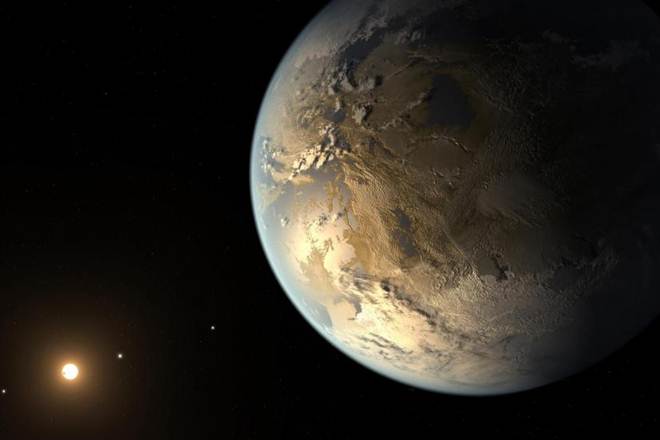Jupiter – the largest planet in our solar system – is also the oldest, say scientists who found that the gas giant formed within four million years after the formation of the Sun. Knowing the age of Jupiter is key for understanding how the solar system evolved towards its present-day architecture. Although models predict that Jupiter formed relatively early, until now, its formation has never been dated. “We do not have any samples from Jupiter (in contrast to other bodies like the Earth, Mars, the moon, and asteroids),” said Thomas Kruijer, from Lawrence Livermore National Laboratory (LLNL) in the US.
“In our study, we use isotope signatures of meteorites (which are derived from asteroids) to infer Jupiter’s age,” said Kruijer lead author of the study published in the Proceedings of the National Academy of Sciences. By looking at tungsten and molybdenum isotopes on iron meteorites, scientists found that meteorites are made up from two genetically distinct nebular reservoirs that coexisted but remained separated between one million and 3-4 million years after the solar system formed.
“The most plausible mechanism for this efficient separation is the formation of Jupiter, opening a gap in the disc and preventing the exchange of material between the two reservoirs,” said Kruijer. “Jupiter is the oldest planet of the solar system, and its solid core formed well before the solar nebula gas dissipated, consistent with the core accretion model for giant planet formation,” he said.




Jupiter is the most massive planet of the solar system and its presence had an immense effect on the dynamics of the solar accretion disk. Scientists showed through isotope analyses of meteorites that Jupiter’s solid core formed within only about one million years after the start of the solar system history, making it the oldest planet. Through its rapid formation, Jupiter acted as an effective barrier against inward transport of material across the disk, potentially explaining why our solar system lacks any super-Earths (an extrasolar planet with a mass higher than Earth’s).
The team found that Jupiter’s core grew to about 20 Earth masses within one million years, followed by a more prolonged growth to 50 Earth masses until at least 3-4 million years after the solar system formed. The earlier theories proposed that gas-giant planets such as Jupiter and Saturn involved the growth of large solid cores of about 10 to 20 Earth masses, followed by the accumulation of gas onto these cores.
So the conclusion was the gas-giant cores must have formed before dissipation of the solar nebula – the gaseous circumstellar disk surrounding the young sun – which likely occurred between 1 million years and 10 million years after the solar system formed.
“We’re able to date Jupiter much more precisely within 1 million years using the isotopic signatures of meteorites,” researchers said. Although this rapid accretion of the cores has been modelled, it had not been possible to date their formation. “Our measurements show that the growth of Jupiter can be dated using the distinct genetic heritage and formation times of meteorites,” Kruijer said.





















